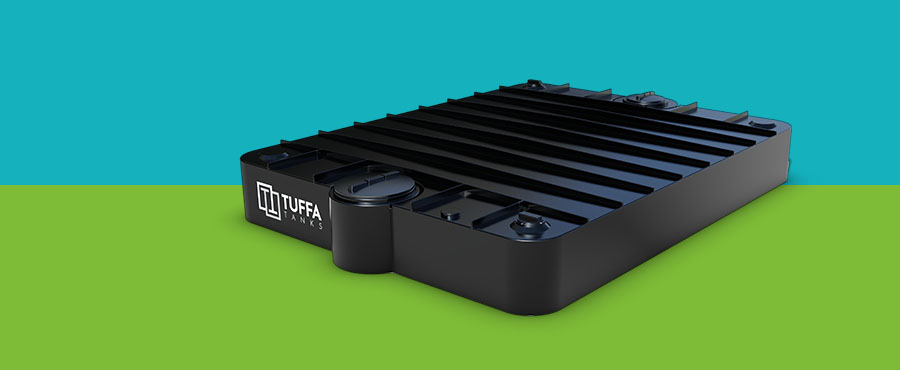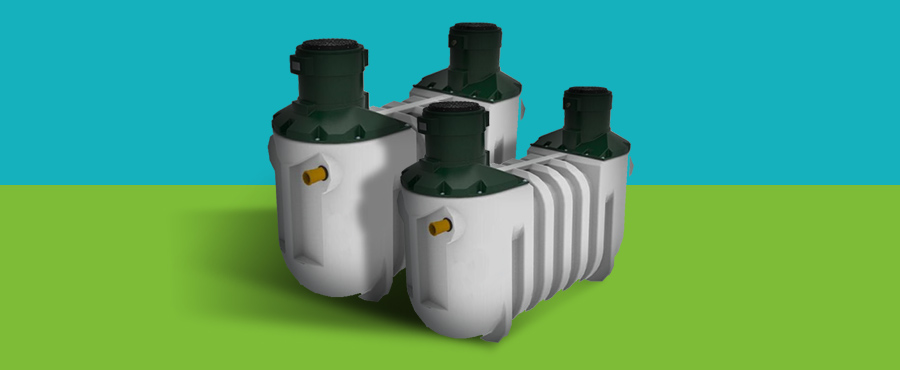Sewage
Waste Tanks For Sale Available At Tanks R Us
Sewage Storage Tanks
Sewage Storage Tanks
Frequently Asked Questions
Why use a sewage treatment tank over a septic tank?
Sewage treatment tanks operate a filtration process which removes molecules and debris from water, making it suitable for reuse under certain conditions. However, septic tanks store wastewater but they don't treat it so the water is still contaminated and may contain pathogens which are hazardous to the human body and environment. Sewage treatment tanks provide treated water for reuse, reducing overall water consumption rates as well as keeping you safe.
Do I need a license for a sewage treatment tank?
Yes, whether you have a septic tank or a sewage treatment plant, you have to have this registered with your local Environmental Health Agency. When you reach out to the Environmental Health Agency, they will advise you on whether you require a permit or not.
What size sewage treatment tank do I need?
The basic rule of thumb for this is, for example, a three-bedroom house would require a five-person sewage treatment tank. With every additional room or person per household, the tank size should increase. If the capacity is exceeded, it will lead to the tank overflowing, releasing wastewater into the area which is hazardous to both human and environmental health.
Related Articles
What’s the Difference Between a Septic Tank and a Sewage Tank?
Learn MoreWhy does your business need a sewage treatment tank?
Learn MoreTank Hire: An Introduction and Case Study
Learn MoreEffluent Tanks & Sewage Treatment Tanks: What’s the Difference?
Learn MoreUnderstanding sewage management: Tanks and systems
Learn MoreTop 10 Things to Consider When Purchasing a Sewage Tank
Learn MoreGuide to Sewage Tank Maintenance: Tips for Long-Term Efficiency
Learn MoreWhat is a Sewage Treatment Plant and How Does it Work?
Learn MoreOur Comprehensive Maintenance Guide for Your Wastewater Container
Learn MoreHelp
About Us
My Account
Newsletter Sign Up
Inspiration direct to your inbox, please enter your email below...
© Tanks R Us. All rights reserved. Registered in England. Registration number. 05804332. VAT number 364402764

